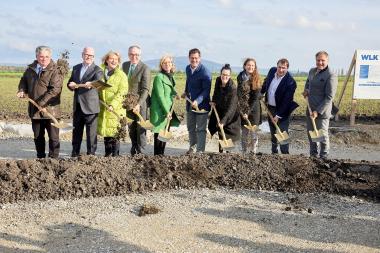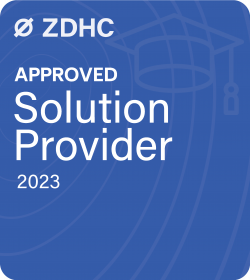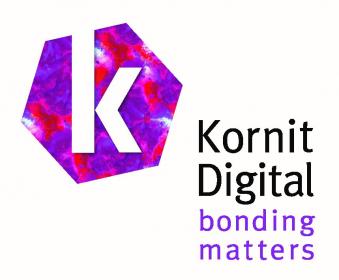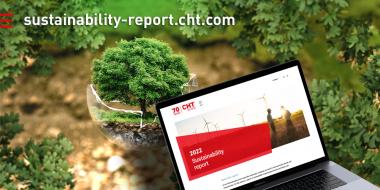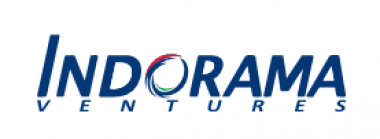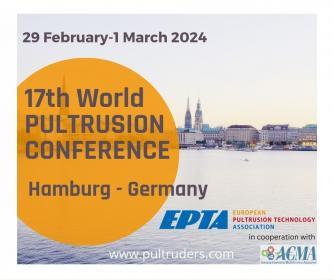Archroma unveils SuperSystems+ at ChromaTexChem 2023
Archroma is bringing its most impactful planet-conscious innovations, including SuperSystems+, to ChromaTexChem 2023 in Mumbai from December 19-20.
Super Systems+ is a new set of end-to-end systems that combine processing solutions and intelligent effects for the entire textile processing workflow, from sizing to finishing. Developed for different end-use segments – from blue and colored denim to performance athletic wear, bottom weights, towels and sheeting – Super Systems+ aims to empower fashion and textile brands and mills to add value to their products while they deliver measurable environmental impact and enhance production efficiency.
Super Systems+ leverages the industry’s broadest product portfolio and authentic evidence-based data to support informed decision making. It is supported by The SafeEdge by Archroma, an online portal that gives Archroma customers and brands real-time access to product-related regulatory and compliance certifications and information, as well as the Archroma ONE WAY Impact Calculator, a process simulation and calculation tool designed and used by our textile processing experts to provide our customers and partners with an accurate estimate of the process costs, resource utilization, effluent discharge quality, and CO2 emissions of the existing production process and of the newly evaluated system. These help them to select solutions that meet their performance requirements and deliver against significant sustainability targets.
Archroma










